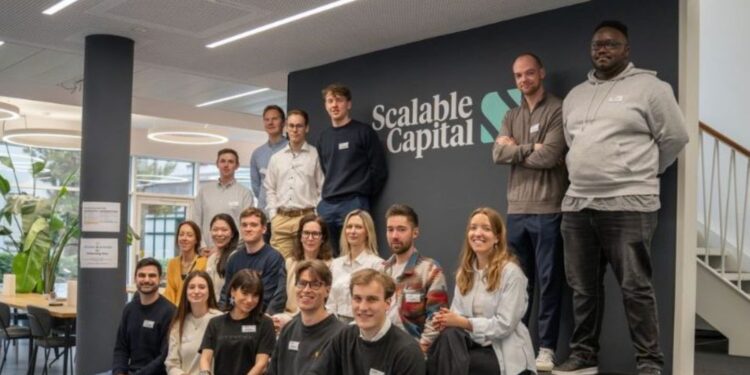Businesses worldwide are aggressively adopting AI and cloud technologies, often prioritizing innovation and speed over robust cybersecurity defenses. This rush, driven by the desire for competitive advantage, is creating a significant and growing vulnerability across industries, from finance to manufacturing. While many companies are quick to invest in these transformative tools, they are often neglecting fundamental security measures, leaving their expanded digital footprint exposed to sophisticated cyber threats.
A recent survey by Unisys found that while a staggering 78% of businesses plan to increase spending on generative AI, a much smaller percentage are investing in essential security practices. For example, only 62% of organizations have or are even considering a zero-trust network architecture, a security model that assumes no user or device is trustworthy by default. Furthermore, less than half of organizations are using digital identity and access management services, which are critical for preventing attacks that exploit legitimate user credentials. This disconnect is particularly alarming given that identity-based attacks are among the top concerns for IT professionals. The rapid migration of operations and data to the cloud, while offering immense scalability and flexibility, is also expanding the attack surface for cybercriminals.
Cybersecurity experts warn that this oversight is a ticking time bomb. The consequences of a breach can be catastrophic, top to intellectual property theft, severe financial loss, and irreversible damage to a company’s reputation and customer trust. The IBM Cost of a Data Breach Report highlighted that organizations with extensive security automation and AI tools identified and contained breaches significantly faster than those without, saving millions in the process. This underscores the ironic reality that the very technologies businesses are adopting without adequate protection could be their best defense.
The push for AI and cloud adoption is also creating a classic “paradigm paralysis” for many companies, as they struggle to choose between a vast array of seemingly perfect options. This hesitation, combined with a focus on immediate business gains, has resulted in a critical lag in security maturity. Until businesses recognize that cybersecurity isn’t a barrier to innovation but a foundation for it, they will remain highly susceptible to attacks. The message is clear: You can’t outpace your competitors if you can’t protect your data.










![Online Scam Cases Continue to Rise Despite Crackdowns on Foreign Fraud Networks [Myanmar] Online Scam Cases Continue to Rise Despite Crackdowns on Foreign Fraud Networks [Myanmar]](https://sumtrix.com/wp-content/uploads/2025/06/30-12-120x86.jpg)




